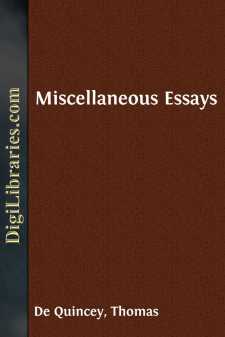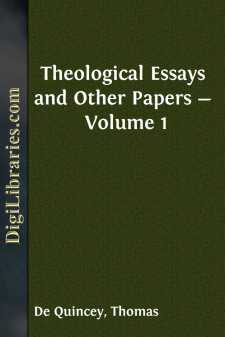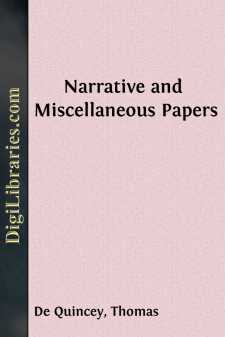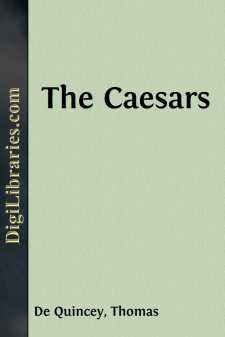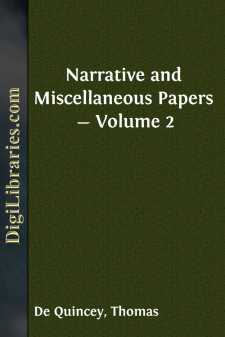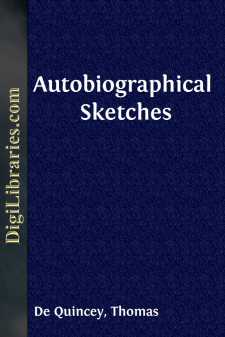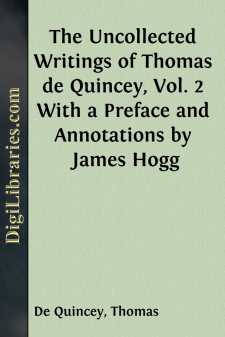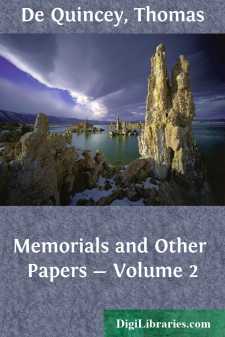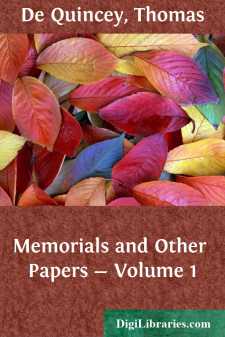Categories
- Antiques & Collectibles 13
- Architecture 36
- Art 48
- Bibles 22
- Biography & Autobiography 815
- Body, Mind & Spirit 144
- Business & Economics 28
- Children's Books 18
- Children's Fiction 14
- Computers 4
- Cooking 94
- Crafts & Hobbies 4
- Drama 346
- Education 58
- Family & Relationships 59
- Fiction 11833
- Games 19
- Gardening 17
- Health & Fitness 34
- History 1378
- House & Home 1
- Humor 147
- Juvenile Fiction 1873
- Juvenile Nonfiction 202
- Language Arts & Disciplines 89
- Law 16
- Literary Collections 686
- Literary Criticism 179
- Mathematics 13
- Medical 41
- Music 40
- Nature 179
- Non-Classifiable 1768
- Performing Arts 7
- Periodicals 1453
- Philosophy 65
- Photography 2
- Poetry 896
- Political Science 203
- Psychology 44
- Reference 154
- Religion 515
- Science 126
- Self-Help 85
- Social Science 82
- Sports & Recreation 34
- Study Aids 3
- Technology & Engineering 59
- Transportation 23
- Travel 463
- True Crime 29
Our website is made possible by displaying online advertisements to our visitors.
Please consider supporting us by disabling your ad blocker.
Miscellaneous Essays
Categories:
Description:
Excerpt
ON
THE KNOCKING AT THE GATE,
IN MACBETH.
From my boyish days I had always felt a great perplexity on one point in Macbeth. It was this: the knocking at the gate, which succeeds to the murder of Duncan, produced to my feelings an effect for which I never could account. The effect was, that it reflected back upon the murder a peculiar awfulness and a depth of solemnity; yet, however obstinately I endeavored with my understanding to comprehend this, for many years I never could see why it should produce such an effect.
Here I pause for one moment, to exhort the reader never to pay any attention to his understanding when it stands in opposition to any other faculty of his mind. The mere understanding, however useful and indispensable, is the meanest faculty in the human mind, and the most to be distrusted; and yet the great majority of people trust to nothing else; which may do for ordinary life, but not for philosophical purposes. Of this out of ten thousand instances that I might produce, I will cite one. Ask of any person whatsoever, who is not previously prepared for the demand by a knowledge of perspective, to draw in the rudest way the commonest appearance which depends upon the laws of that science; as for instance, to represent the effect of two walls standing at right angles to each other, or the appearance of the houses on each side of a street, as seen by a person looking down the street from one extremity. Now in all cases, unless the person has happened to observe in pictures how it is that artists produce these effects, he will be utterly unable to make the smallest approximation to it. Yet why? For he has actually seen the effect every day of his life. The reason is—that he allows his understanding to overrule his eyes. His understanding, which includes no intuitive knowledge of the laws of vision, can furnish him with no reason why a line which is known and can be proved to be a horizontal line, should not appear a horizontal line; a line that made any angle with the perpendicular less than a right angle, would seem to him to indicate that his houses were all tumbling down together. Accordingly he makes the line of his houses a horizontal line, and fails of course to produce the effect demanded. Here then is one instance out of many, in which not only the understanding is allowed to overrule the eyes, but where the understanding is positively allowed to obliterate the eyes as it were, for not only does the man believe the evidence of his understanding in opposition to that of his eyes, but, (what is monstrous!) the idiot is not aware that his eyes ever gave such evidence. He does not know that he has seen (and therefore quoad his consciousness has not seen) that which he has seen every day of his life. But to return from this digression, my understanding could furnish no reason why the knocking at the gate in Macbeth should produce any effect, direct or reflected. In fact, my understanding said positively that it could not produce any effect....


